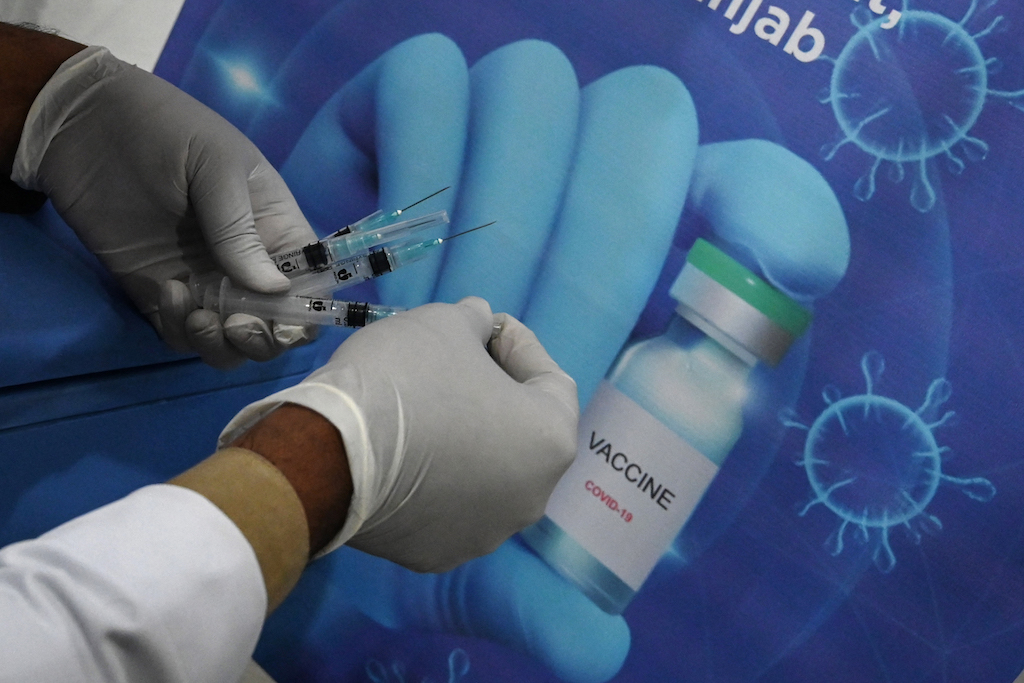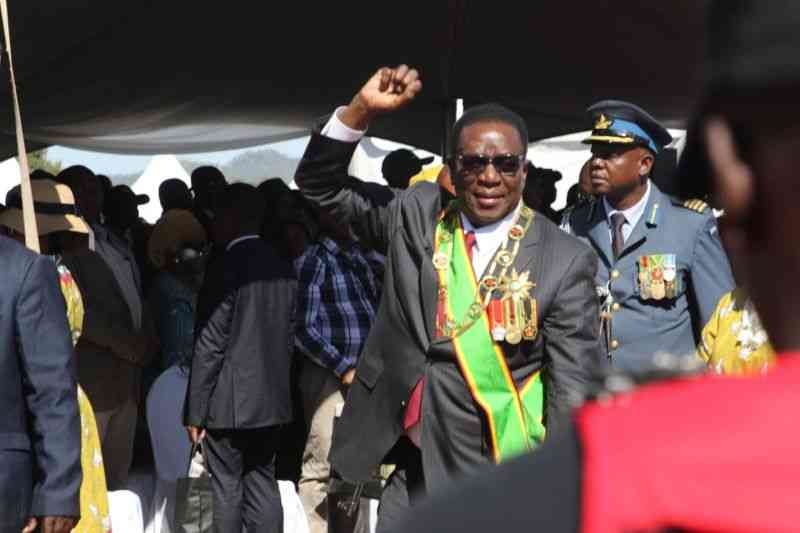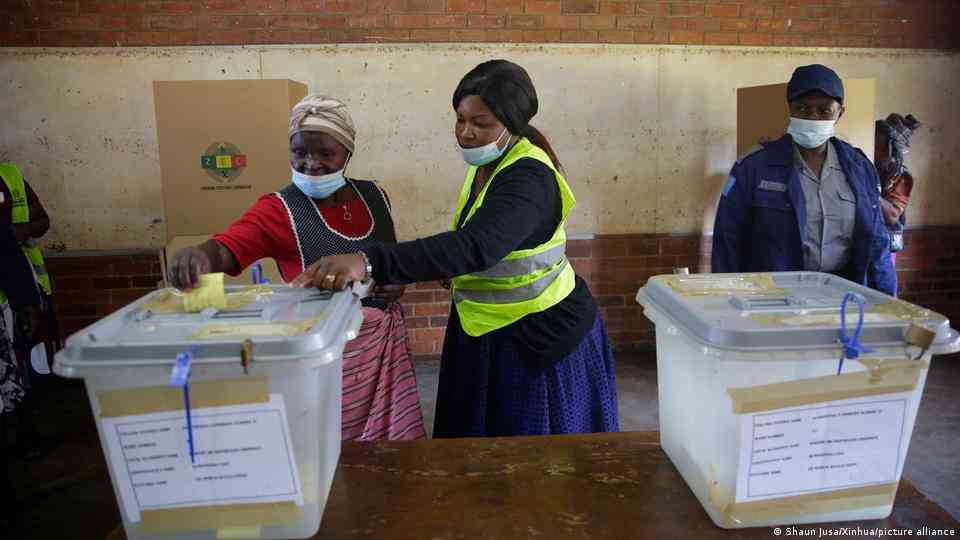
BY PHYLLIS MBANJE
THE private health sector in Zimbabwe says it aims to contribute 30% of fully vaccinated people in Zimbabwe by year end.
This was disclosed by president of the Medical and Dental Private Practitioners of Zimbabwe Association (MDPPZA), Johannes Marisa in an interview with NewsDay.
Marisa urged his colleagues in the private sector to accelerate vaccination, saying to date only around 8% of the country’s population was fully vaccinated.
Zimbabwe aims to inoculate 60% of its population, approximately 10 million people, to achieve herd immunity.
Since the coming on board of private doctors in the vaccination programme, the daily figures of people getting the COVID-19 jab has increased from 20 000 to 50 000 plus.
On Tuesday, Zimbabwe recorded 18 COVID-19 deaths and 514 new infections, while a total of 4 156 people have succumbed to the virus since March last year, 2 145 537 received their first doses, and 1 304 802 received their second doses.
“The vaccination campaigns are moving on very well and it is our hope that we will accelerate the processes from the current 8,3% of the fully vaccinated to at least 30% by year end,” Marisa said in his address to health professionals on Tuesday.
- Chamisa under fire over US$120K donation
- Mavhunga puts DeMbare into Chibuku quarterfinals
- Pension funds bet on Cabora Bassa oilfields
- Councils defy govt fire tender directive
Keep Reading
“The involvement of the private sector has seen an increase in the number of the vaccinated to an average of around 50 000 people daily, up from the previous figures of around 20 000,” he said.
The health expert said this was a huge achievement for Zimbabwe, which is currently sitting on eighth position in Africa in terms of vaccinations, after countries such as Seychelles, Tunisia, Morocco, Cape Verde, South Africa, Equatorial Guinea and the Comoros.
Marisa said the private sector was charging $434 or US$5 for vaccination. He said this was necessary to cover administrative costs like the purchase of gloves, incineration of needles and transportation costs.
He, however, warned members against overcharging.
“Please do not charge beyond the gazetted tariffs as these vaccines are government-secured and delivered from central government,” he said.
As the vaccination exercise gains momentum it, however, has not been without some hiccups.
Staff shortages continue to stalk most public health facilities (both council-run and government) which are struggling to deal with a massive turnout of people wishing to get inoculated.
Following threats by employers, and the high number of deaths during the third wave of the pandemic, panicky citizens are now rushing to get the jab, resulting in health facilities being overwhelmed.
In previous months, the country has seen a mass exodus of nurses staff.
The Health Services Board said it was in the process of recalling retired nurses to cover the gap.
Follow Phyllis on Twitter @pmbanje










